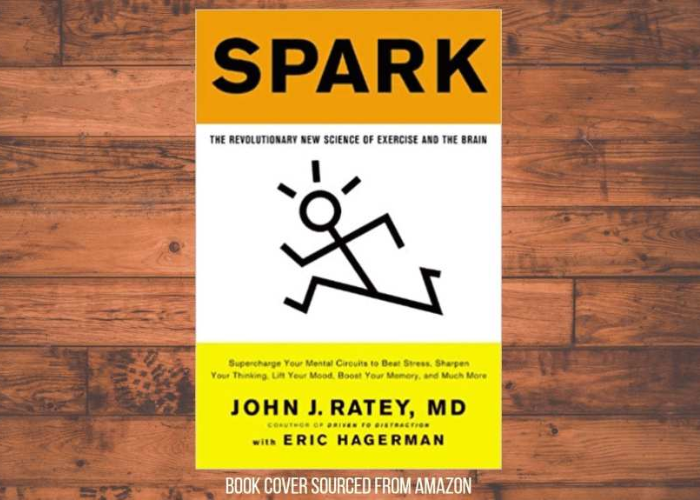
Spark: The Revolutionary New Science of Exercise and the Brain
Exercise has been shown to have numerous health benefits, from improving physical fitness and reducing the risk of chronic disease to improving mental well-being. However, a new science, known as “Spark: The Revolutionary New Science of Exercise and the Brain,” is emerging as a comprehensive and promising way to understand the effects of exercise on the brain, and how it can be used to improve cognitive performance and mental health. We will explore the evidence-based practice of exercise and the brain, the benefits of exercise-related brain changes, the mind-body connection of exercise and mental health, how exercise interventions can enhance cognitive performance, and the role of neuroscience in evidence-based exercise practices.
How Exercise Affects the Brain
The connection between physical exercise and cognitive function has been well established. Exercise has been shown to increase the production of neurochemicals such as serotonin, dopamine, and norepinephrine, which are known to elevate mood and reduce stress. Exercise also increases the production of growth factors, which encourages the development of new brain cells and connections between them. In addition, aerobic exercise has been shown to increase the size of the hippocampus, a part of the brain responsible for learning and memory. Finally, exercise has been found to increase the production of BDNF, a protein that helps protect the brain from degenerative diseases such as Alzheimer’s and Parkinson’s.
Benefits of Exercise-Related Brain Changes
The benefits of exercise-related brain changes are far-reaching. Exercise has been found to improve cognitive function, including memory, focus, problem-solving, and reaction time. It can also help reduce anxiety and depression and improve mood. In addition, exercise has been shown to be effective in improving physical health, such as reducing the risk of heart disease and stroke. Finally, exercise can help reduce age-related cognitive decline, potentially improving the quality of life in older adults.
The Mind-Body Connection; Exercise and Mental Health
The connection between physical exercise and mental health is well established. Exercise has been found to be an effective intervention for improving mental health, reducing stress and anxiety, and improving overall well-being. This is due to the fact that exercise increases the production of neurochemicals such as serotonin, dopamine, and norepinephrine, which are known to improve mood and reduce stress. Furthermore, exercise has been found to be effective in treating depression, and can even be used to prevent it in those at risk.
Exercise Interventions to Enhance Cognitive Performance
Exercise can also be used to improve cognitive performance, such as memory, focus, problem-solving, and reaction time. This is due to the fact that exercise increases the production of neurochemicals such as serotonin, dopamine, and norepinephrine, which are known to improve cognitive performance. Furthermore, exercise has been found to increase the size of the hippocampus, a part of the brain responsible for learning and memory. Finally, exercise has been found to increase the production of BDNF, a protein that helps protect the brain from degenerative diseases such as Alzheimer’s and Parkinson’s.
The Role of Neuroscience in Evidence-Based Exercise Practices
The role of neuroscience in evidence-based exercise practices is becoming increasingly important. Neuroscientists are researching the effects of exercise on the brain, and how it can be used to improve cognitive function and mental health. In addition, neuroscientists are exploring the potential of training to prevent and treat neurodegenerative diseases such as Alzheimer’s and Parkinson’s. Finally, neuroscientists are examining the role of exercise in improving physical health, such as reducing the risk of heart disease and stroke.
Conclusion
In conclusion, exercise has been found to have numerous health benefits, from improving physical fitness and reducing the risk of chronic disease to improving mental well-being. Exercise has been found to improve cognitive function, reduce anxiety and depression, and even help prevent and treat neurodegenerative diseases. Thus, the evidence-based practice of exercise and the brain is emerging as a comprehensive and promising way to understand the effects of exercise on the brain, and how it can be used to improve cognitive performance and mental health.




